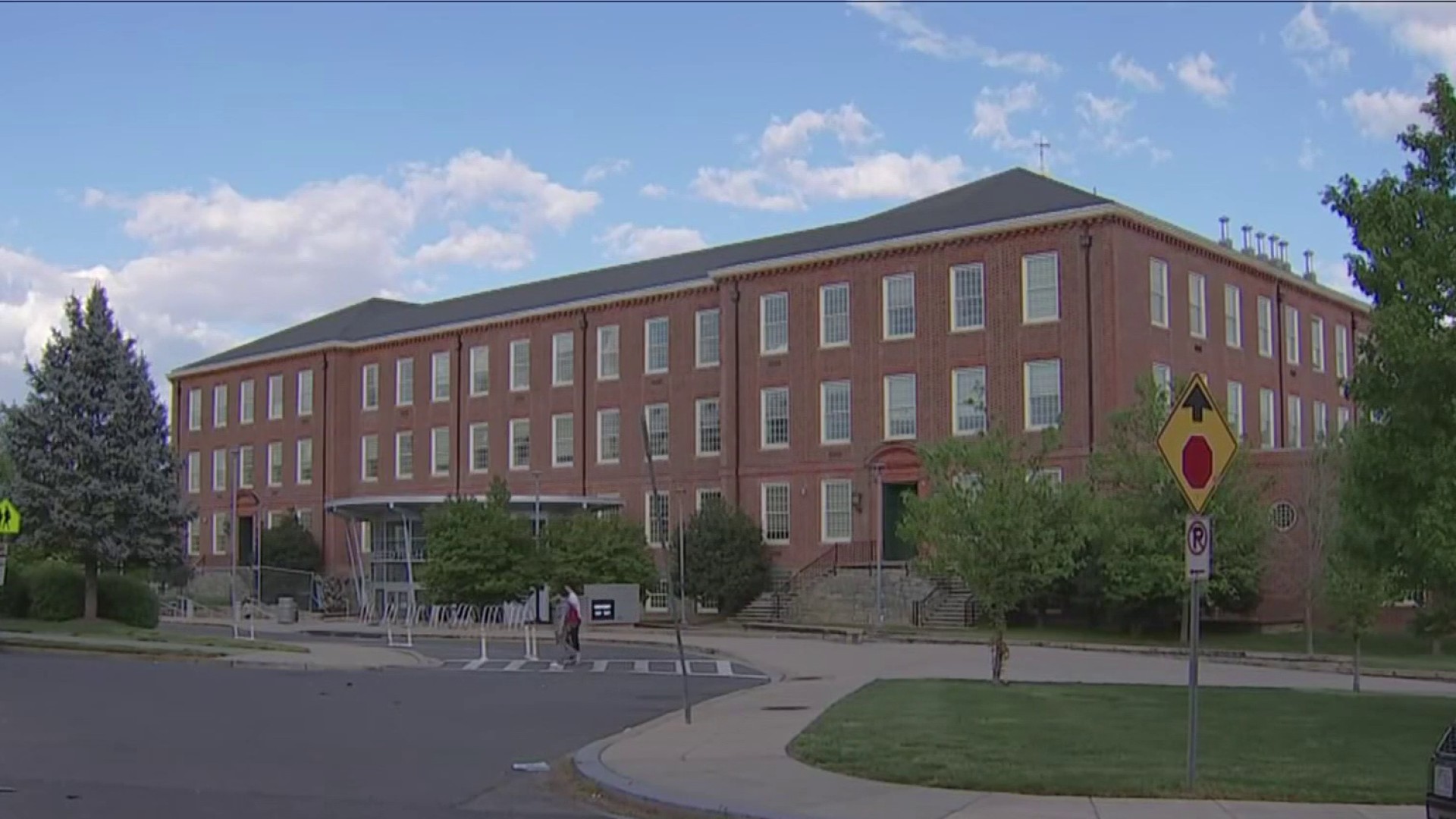The following is a News4 investigation. The Washington Times obtained the video discussed and shared it with News4. News4 was told the Times acquired the video from a person "very close to the testing" of D.C. paramedics.
Video never seen before by the public shows paramedics reacting to a life or death situation -- a simulation used to evaluate their performance in an emergency.
These assessments were performed last year at the Maryland Fire and Rescue Institute at the University of Maryland. It's known as MFRI.
Where the assessments took place looks like an ambulance, but it is an advanced life support simulator. A mannequin displayed certain health problems that led to a heart attack.
The faces of the paramedics are not shown to protect their identities. To evaluate their performance we asked an nationally-recognized expert to choose and review some of the videos. Professor Paul Werfel is the director of the EMT/paramedic program at the Stony Brook University Medical Center in New York.
"Of the videos that I saw, solely on the videos that I saw, the mistakes that these folks were making were huge," Werfel said. "The performance across the board was substandard.
"I looked at 16 videos and of those 16 videos only one of which would have passed an entry level exam for competence on fundamentals," he said.
The D.C. Fire and EMS Department contracted with MFRI to assess approximately 250 paramedics to see how D.C. emergency medical personnel measure up to national standards.
Local
Washington, D.C., Maryland and Virginia local news, events and information
"It is not an exam, it is not a test," said Steven Edwards, director of MFRI. "There was no pass-fail mark. It was simply a way to determine in a general way -- not a specific way -- where additional training should take place in the paramedic service."
D.C. Mayor Adrian Fenty and Fire Chief Dennis Rubin released a written statement to News4 saying:
* The assessment is one of the many efforts that the department is undertaking to improve the quality of EMS.
* They have used their initial findings to improve medical protocols.
* Several areas for systemic training improvements have been identified.
* All paramedics have begun receiving specific focus-area training.
But Ken Lyons, president of AFGE Local 3721, the union representing many D.C. paramedics, said only a few individuals have received additional training so far.
"Let me describe to you what remedial training was ... here' s your book, go into the room and self study," Lyons said. "That's the extent of remedial training."
The union wants training to avoid embarrassments like the 2006 death of New York Times reporter David Rosenbaum, who was found lying in the street, misdiagnosed as being drunk and died of a brain injury from a beating he suffered during a robbery.
And last December, Edward Givens complained of chest pains. He was diagnosed with a stomach problem, was given an antacid and later died of a heart attack.
Are D.C. residents well served when they dial 911?
"Absolutely not," Lyons said. "They're not well served when they dial 911 and they are not well served when they pay their tax dollars to a system that for the most part has become a fraud."
Are they in danger?
"You know," Lyons said, "I think they roll the dice."
The DC Fire and EMS Department said it is committed to reforming the system, and that the community should feel confident that they will receive high-quality emergency medical treatment and transportation.
Click here for the Washington Times' report.
On Friday, News4 gets reaction to this report from the family of Edwards Givens, the man who was diagnosed with acid reflux but died of a heart attack.



